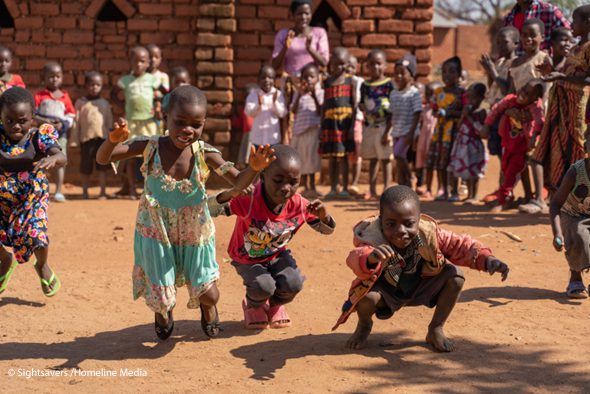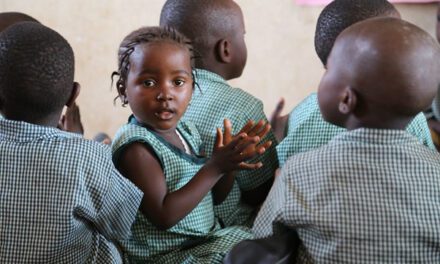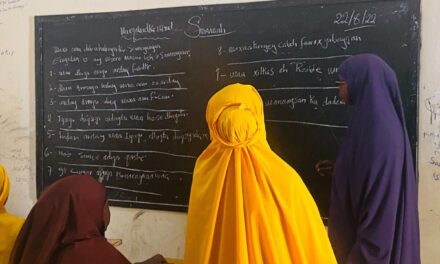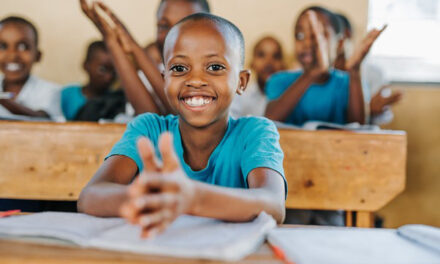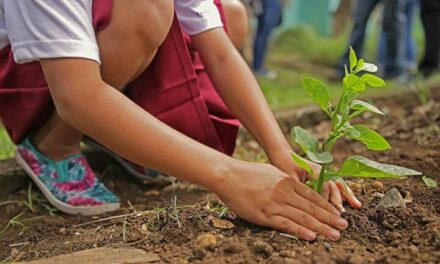This blog was written by Veronica Stapleton, Global Technical Lead, Education; Betty Moses, Disability Specialist, Malawi; Ben Chikaipa, Programme Officer, Malawi – all from Sightsavers. It is based on a presentation given at the UKFIET 2023 conference.
Sightsavers has supported inclusive education in early childhood development (ECD) education in Malawi since 2012. Negative social attitudes, inaccessible learning environments, and a lack of investment means that access to ECDE is limited for children with disabilities. Through several interventions, we have expanded our thinking and methods to increase participation for partners and stakeholders. This ensures that marginalised groups have more opportunities to voice their perspectives and that we are more responsive to local needs during the lifetime of a project.
Early childhood education in Malawi is delivered through a system of approximately 13,000 Community Based Childcare Centres (CBCCs), which are run by communities. These cater for children from the age of 3-6 years. UNICEF reports that 12% of children in Malawi aged 2-7 years have at least one functional difficulty as measured by the Child Functioning Module. Children with disabilities are frequently excluded from the CBCCs as pre-school teachers feel unable to support their needs, and parents have concerns about the value of attendance and the safety of their children.
In our current three-year project (2020-2023), we work with 49 CBCCs in Ntcheu, Malawi. Voluntary pre-school teachers are trained in inclusive teaching and we collaborate with communities to address negative attitudes, such as the misconception that children with disabilities cannot attend regular schools. Young children with disabilities attend the local centre, where they can learn, play and develop alongside their peers. We have used the following strategies to ensure that marginalised groups can participate fully:
- Strengthening national and local systems
We aim to strengthen existing systems – at the national level, this means collaborating with the Ministry of Gender, Children, Disability and Social Welfare, for example, supporting national training. At the local level, this includes working with local education service providers, CBCC management committees, village management committees, parents and other community organisations with strong involvement of local organisations of people with disabilities.
- Gathering qualitative and quantitative evidence
All projects generate a mass of evidence. We are careful to listen to what different groups are saying and create spaces so that we hear various voices. As well as the usual formal structures for evidence gathering, such as project reports, focus group discussions and quarterly meetings, we value evidence collected through less formal means. This includes conversations during coaching and mentoring sessions, discussions in WhatsApp groups and casual chats with those involved in the project.
- Adapting our inclusive education programme
There are many examples of the changes that Sightsavers has made in response to the issues raised by project stakeholders. These include:
Creating community gardens
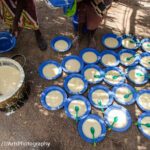 Parents identified the need for the provision of food at the centres and were supported to cultivate gardens so all children attending the CBCCs have a hot daily meal.
Parents identified the need for the provision of food at the centres and were supported to cultivate gardens so all children attending the CBCCs have a hot daily meal.
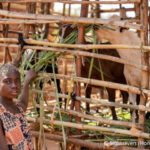 Introducing a goat-pass-on scheme
Introducing a goat-pass-on scheme
The parents of children with disabilities explained that while caring for their child, their ability to earn a living is impacted as they need to stay near their homes. We worked with agricultural extension workers to provide families an income through rearing goats.
Developing locally delivered training materials
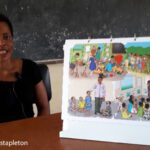 Pre-school teachers raised concerns about the high turnover of staff and the lack of training for newly appointed teachers. A simple training pack was developed and pre-school teachers meet regularly to discuss their practice.
Pre-school teachers raised concerns about the high turnover of staff and the lack of training for newly appointed teachers. A simple training pack was developed and pre-school teachers meet regularly to discuss their practice.
Introducing transition activities to link CBCCs with local primary schools
Local primary schools reported that they did not know what to do when a child with disabilities was admitted. The project now supports 18 primary schools. A training package was developed, including approaches to involving parents in transition activities.
Establishing parent groups
With the support of the Parents of Disabled Children Association of Malawi, parent groups have been created to provide peer-to-peer support.
Working with marginalised groups
Much of this is simply good project management and a sensible use of participatory approaches in project development that have been encouraged for years. However, we have become more intentional about how we work with marginalised groups, for example:
- Members of organisations of people with disabilities chaired steering committees and led key activities
- Parent groups are self-supported and initiated activities such as setting up finance/village savings schemes
- Pre-school teachers had access to simple training materials and met regularly to develop their skills.
In conclusion
The enrolment of children with disabilities in the CBCCs has increased by 139% in the project’s first two years (from 84 to 202). In the same period, 165 children transitioned to primary schools, compared to a target of 55. When understanding and responding to community need, it is clear that the activities can be more effective and can transform a project.

